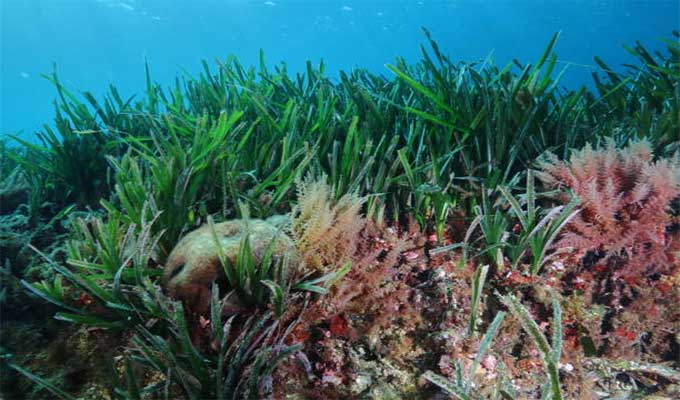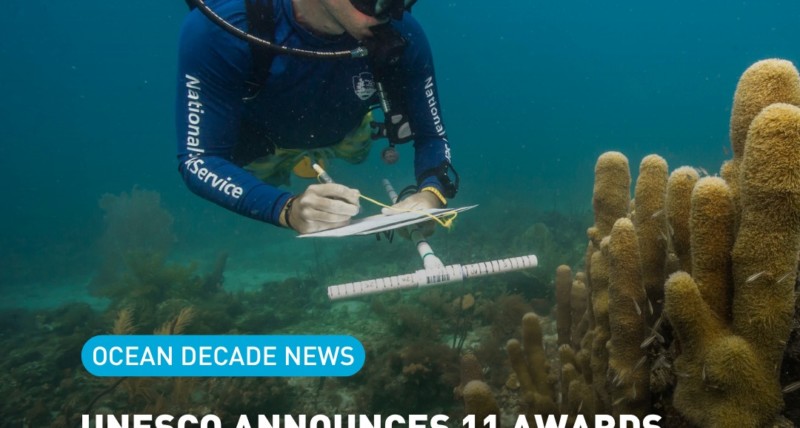The battle against plastic pellet pollution caused tension on Wednesday, April 2nd, in Brussels during a negotiation meeting between the European Commission and certain member states who criticized the European executive for its lack of environmental ambition.
The European Union aims to tighten legislation on these ubiquitous « pellets » used in the industry, with tens of thousands of tons escaping into nature each year, polluting oceans and beaches.
Negotiations are ongoing between the 27 EU member states, the Commission, and the Parliament to push this legislation through.
The proposed text would require industrial producers or transporters of these plastic pellets to assess risks and develop plans to tackle potential pollution.
Large companies would be required to obtain « certification » and could face penalties for deficiencies.
However, tensions escalated on April 2nd, according to diplomatic sources.
Countries like France and Spain are pushing to include small businesses in this certification scheme, starting from companies that produce or transport more than 1,000 tons of pellets annually.

The Commission opposes this, citing its current « simplification » policy designed to avoid heavy administrative burdens, especially for smaller businesses.
Regarding microplastics, « at some point, this raises the question of reducing environmental ambitions, » said one European diplomatic source. « The Commission is going too far with this text, » they claimed.
Diplomats from several states confirmed that the meeting was more heated than usual.
On its part, the European Commission maintains it is « fully committed » to combating plastic pollution, calling it « a major environmental concern. »
However, the Commission will « remain attentive to avoid any regulatory burden for small businesses, » especially in sectors like agriculture and fishing.
Other member states, including Greece and Cyprus, align with the Commission’s position, fearing the impact of the new law on maritime transport, which is central to their economies.
Germany also did not support the inclusion of small businesses in the certification rules.
A meeting between the member states, the Commission, and Parliament is scheduled for next Tuesday to try to find a compromise.
Estimates suggest that between 52,140 and 184,290 tons of pellets were lost into the environment in 2019 across the European Union.
Source: lecourrier




